The US Bureau of Labor Statistics recently announced that there are currently 1.6 million software engineering jobs, with the number of positions growing at 25% over the next decade. Software development is also among the highest-paid jobs in the US, with an average of $120,730. Yet, 80% of business leaders identify the lack of an unskilled workforce as their biggest hurdle to technology transformation. In essence, there are plenty of software jobs but not enough skilled individuals to take them up.
Fresh graduates and career transitioners alike can take advantage of this skill gap to build a career that is both rewarding and lucrative. Don’t have the experience? No sweat. In this blog post, we show you how you can get a programming job, whether or not you have experience.
What Does a Programmer Do?
Programmers write code for computer programs and applications. On a typical day, a programmer might write and test new software, upgrade existing products, fix bugs, test for security, or maintain existing applications.
Can You Get a Programming Job With No Experience?
Yes. Pioneers like Ada Lovelace and Alan Turing, in addition to tech leaders like Jack Dorsey and Fran Allen, are all self-taught engineers. With a clear strategy and persistent effort, you can gain the skills you need to land your first programming job.
How To Land a Programming Job With No Experience (a Step-by-Step Guide)
-
Research and Determine Your Ideal Career Path
-
Take Advantage of Free Online Resources
-
Learn a Programming Language
-
Create a GitHub Account
-
Pursue a Bootcamp or Certificate
-
Work on Open-Source, Freelance, and Volunteer Projects To Build Your Portfolio
-
Polish Your Skills
-
Find a Mentor
-
Build Your Network
-
Pursue an Internship
-
Tailor Your Resume to the Jobs You’re Applying for and Prepare for the Interview
Landing a job requires some thought and effort, beginning with figuring out what you want, gaining the skills you need, and building your network to creating your job search strategy, getting interviews, and receiving offers. Let’s take a look at what that looks like:
Research and Determine Your Ideal Career Path
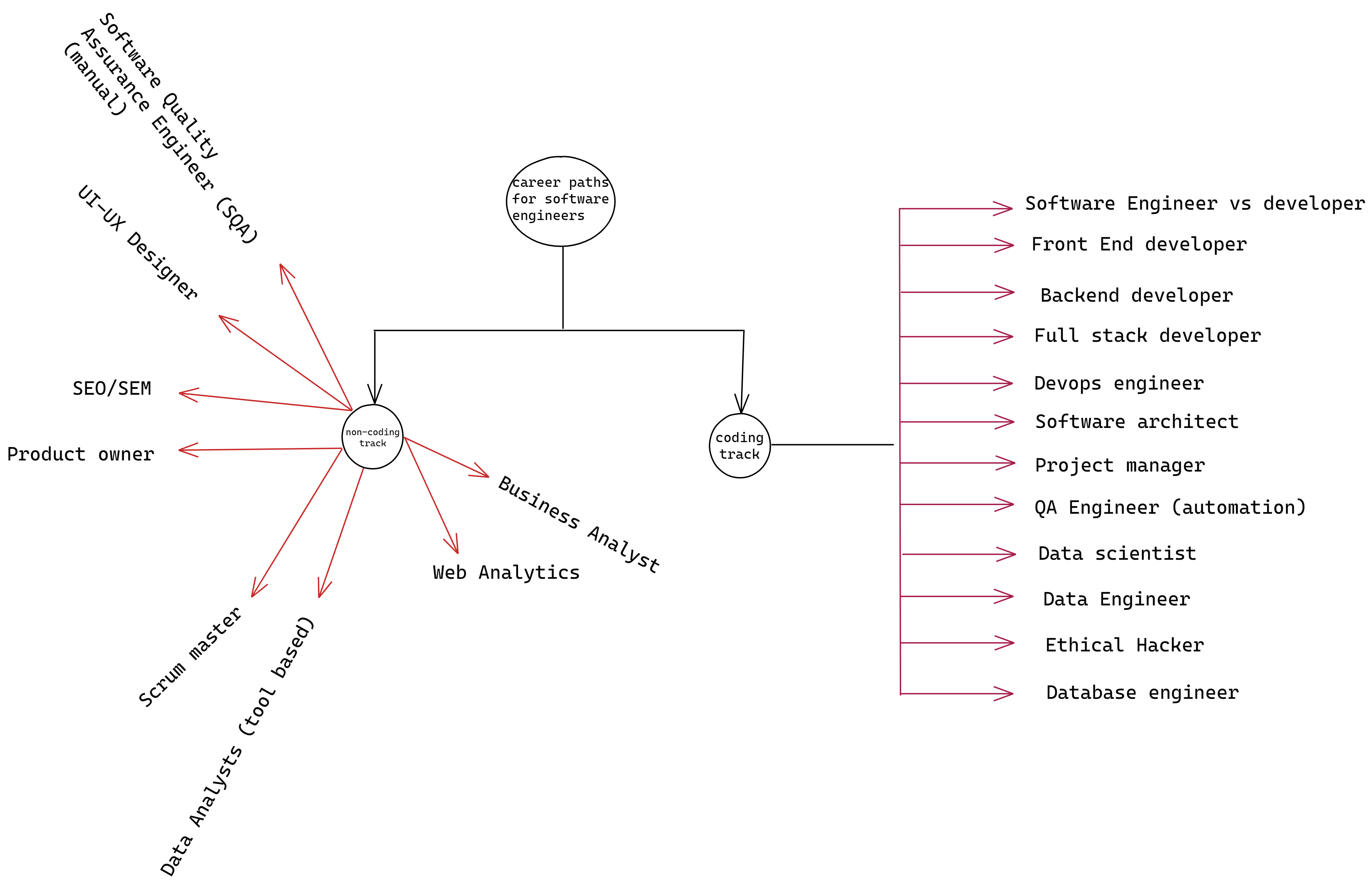
Programming is not a monolith. It is a collection of various jobs, roles, and career paths. Before preparing for a programming career, research and determine your ideal path. While doing so, consider the following:
- Understand various job roles, and which programmers make the most.
- Explore the industries you are interested in. For example, if you’re a healthcare management graduate, you might be more suitable for a position in an organization in health tech.
- Think about your own strengths—if you have great attention to detail and are outcomes-driven, you might enjoy quality assurance more than coding.
- Consider what kind of teams you like to be part of and how organizational culture might impact your performance. You can do this by reading company websites about their culture.
Related Read: Programmer Salary Guide
Take Advantage of Free Online Resources
Once you know where you want to get, start taking these steps:
Blogs
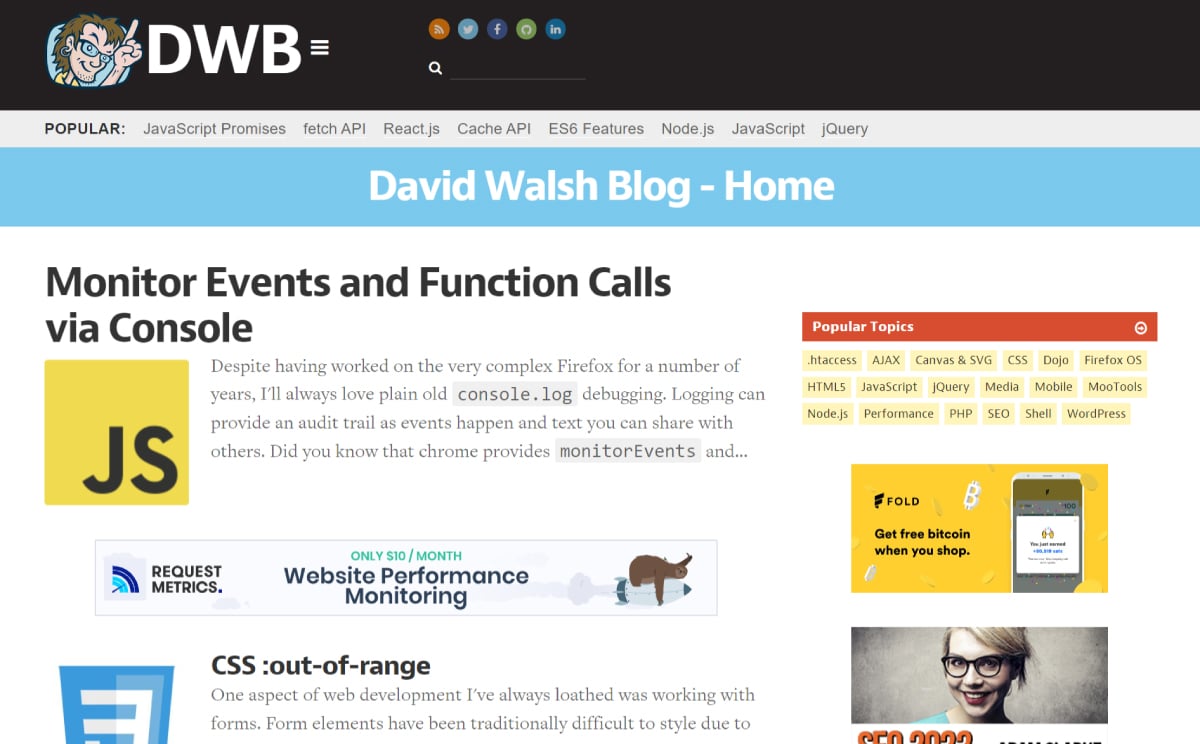
Read about the biggest problems facing the software industry today, what skills are in demand, what employers are looking for, and what is the future of the career path you’ve chosen. Also, find experienced developers and read about their journey for inspiration. Some of the most popular blogs belong to David Walsh and Hackr.io.
Online Courses
The next step is to take an online course to get a more experiential understanding of what it means to be a programmer. Springboard’s Software Engineering Bootcamp is a great place to start. Here are some other online coding courses to consider.
YouTube Channels
Several YouTube channels offer short training in programming, testing, open source projects, preparing for interviews, surviving the first week as a coder, and so on. Check our CSDojo and Derek Banas for starters.
Get To Know Other Software Engineering Students
Pritisha Kumar
Software Engineer at Dialpad
Tetyana Ilyichova
Software Engineering Apprentice at Affirm
Elena Nurullina
Junior Web Developer at G/O Media
Learn a Programming Language
The fundamental fabric of the programming job is the language you use. Typically, programmers know multiple languages while being experts in one or two. Some of the most in-demand programming languages today are as follows. The best way to learn and practice them is to do your own personal projects.
Python
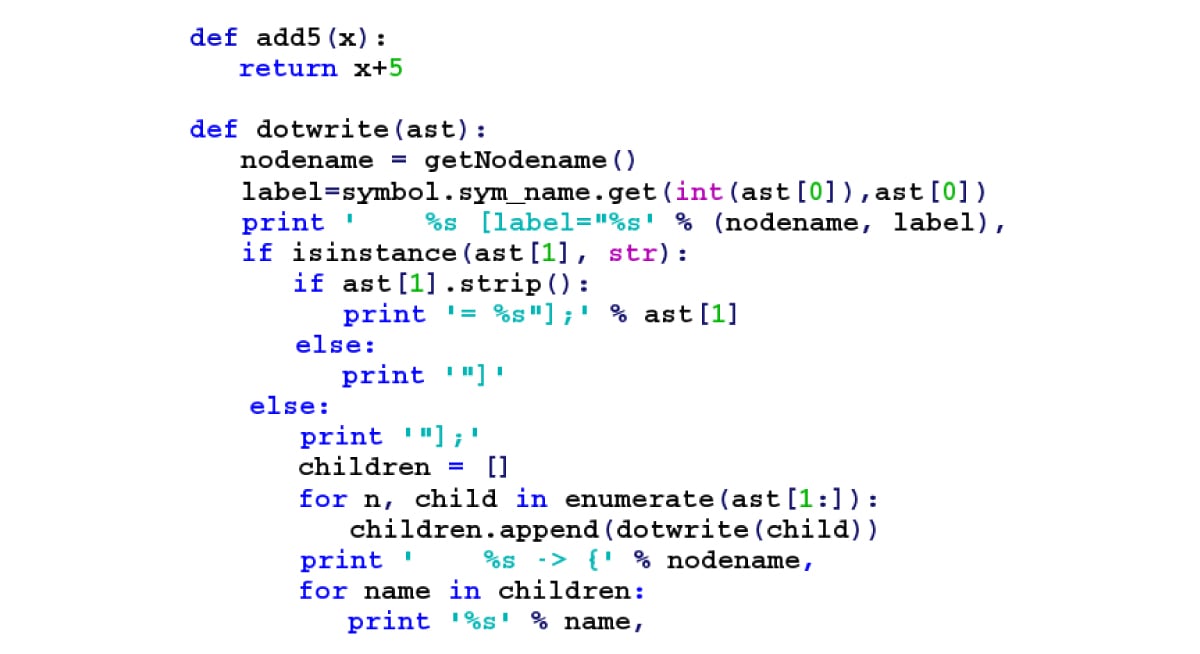
Python is a general-purpose programming language that has gained popularity for data science, artificial intelligence (AI), and cybersecurity over the past few years. It was the fourth most popular language last year, according to the StackOverflow Developer Survey. Given its focus on readability and the foundational principles of simplicity, Python is among the easiest programming languages to learn for beginners.
JavaScript

JavaScript is a high-level, client-side programming language, which is one of the core technologies of the Internet. 98% of the world’s websites run on JavaScript. Some of the largest IT organizations, such as Google, Facebook, Wikipedia, and Amazon, use the language. It is the most popular programming language among developers today.
Java

Not to be confused with JavaScript, Java is a high-level, class-based, general-purpose programming language. It is most commonly used to build Android and cloud applications. It is also considered robust enough to build enterprise-grade web applications.
Swift

Introduced by Apple in 2014, Swift is a general-purpose, multi-paradigm programming language primarily used to build iOS, macOS, and WatchOS apps. Knowing this language is a must if you’re looking to become an iOS developer.
Create a GitHub Account
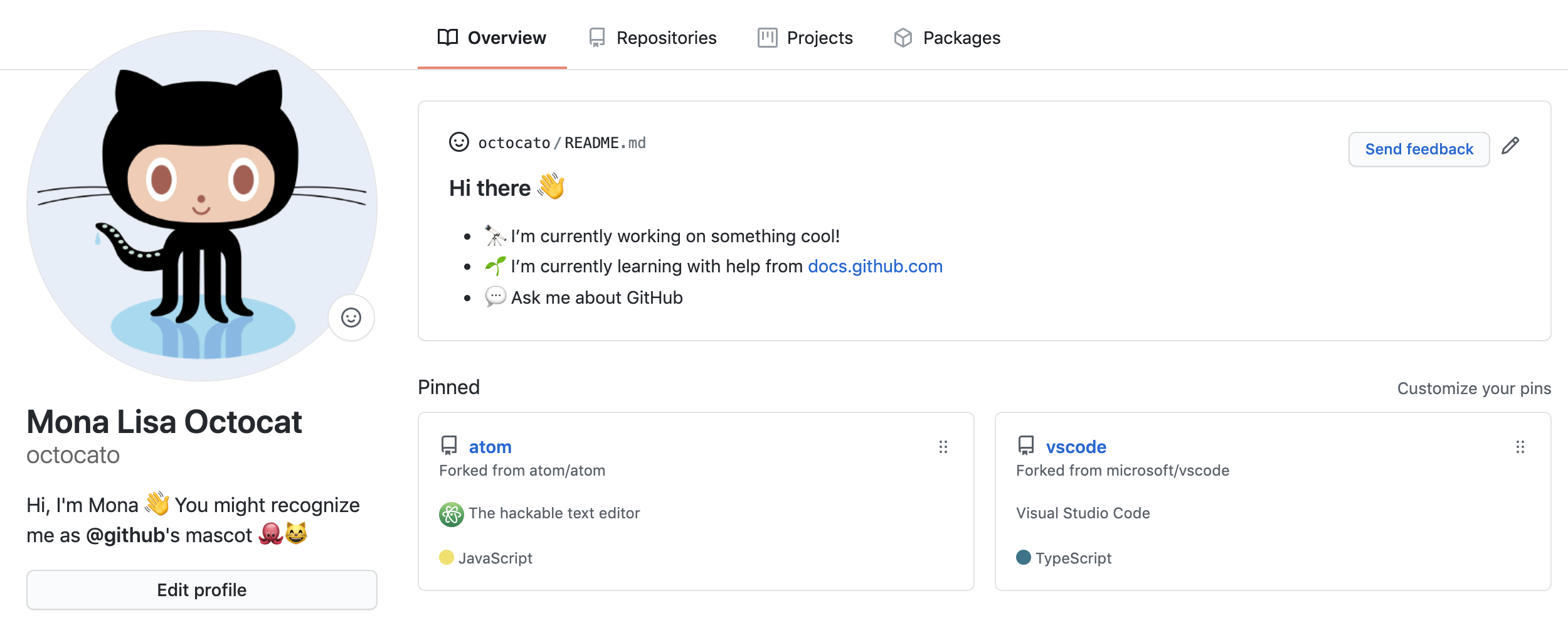
GitHub is a developer platform home to over 83 million programmers. Several developers use it to host open-source projects, source code, and repositories. Programmers regularly collaborate on projects hosted on GitHub, adding to existing open-source solutions. A GitHub profile will be a strong portfolio of your projects and code. It will also enable you to actively participate in the developer community, observing and learning from senior programmers.
Pursue a Bootcamp or Certificate
Once you have the basic skills and understanding of the software engineering landscape, it’s time to get qualified. A good coding bootcamp or a certificate program will structure your learning, focus on your efforts, and support you while facing challenges. The Springboard Software Career Track includes:
- Industry-ready curriculum
- 1-on-1 mentorship
- Two full-stack capstone projects
- Career coaching
- Job guarantee
Related Read: Top 10 Software Engineering Certifications
Work on Open-Source, Freelance, and Volunteer Projects To Build Your Portfolio

The ability to demonstrate your skill to your potential employer is everything when it comes to landing a programming job. To do that, you need some projects in your portfolio. Thankfully, you can get that on your own.
Work on open source projects. There are plenty available on GitHub. You can also find projects on Open Source Guide, CodeTriage, and Hacktober Fest.
Volunteer your time and skills. Several nonprofit organizations and social movements need tech for collaboration, community engagement, and security. Find the ones that interest you most and volunteer.
Take up freelance work. You can find small businesses in your network and fix their websites. Or you can go on platforms like Upwork to find your first freelance assignment.
Polish Your Skills
The software engineering industry is evolving at breakneck speeds. As a programmer, it’s important that you’re constantly updated. So, during your job search, continue to polish your skills.
Technical Skills

- Data structures: A data structure is how applications use, store and organize data. Build an understanding of data structures to build effective code.
- Programming languages: Being a polyglot is a valuable skill in programming. Find related languages that work well together and master them.
- Debugging: Good programmers don’t write bug-free code at the get-go. They are great at finding bugs and fixing them before shipping. Learn to do this quickly and effectively.
Soft Skills
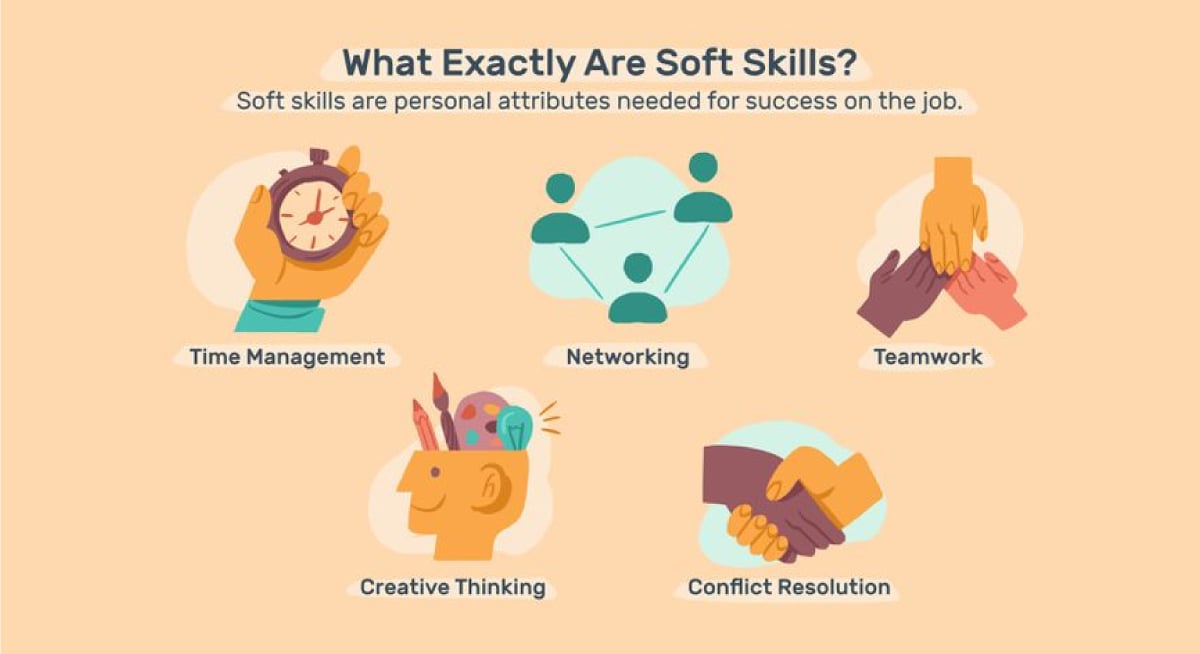
- Problem-solving: Every software solution solves a customer’s problem. So, developers need the skills to understand the business context and solve customer problems with their code. Hone your big-picture thinking and problem-solving skills consistently.
- Critical thinking: Modern software teams need people who can question the status quo and think differently. Study how to ask the right questions, synthesize answers, and use them in practice.
- Flexibility: Whether working in distributed teams or testing a colleague’s code, flexible programmers are in high demand today. Learn to be flexible without pushing your personal boundaries too much.
Find a Mentor
It is often more challenging to go solo in the software industry. Especially for someone with no programming experience, it can be difficult to identify inroads, navigate the space and find their own voice. It is here that a mentor can be of great help. A good mentor will identify your strengths, help you make them stronger, remove roadblocks from your path, and offer an entry into a programming career.
Related Read: Why Having a Mentor Is Important for Career Growth
Build Your Network
A network can help you stay on top of the latest developments in the industry, hear about open positions and collaborate with like-minded people. While preparing for a career in software, begin building your network.
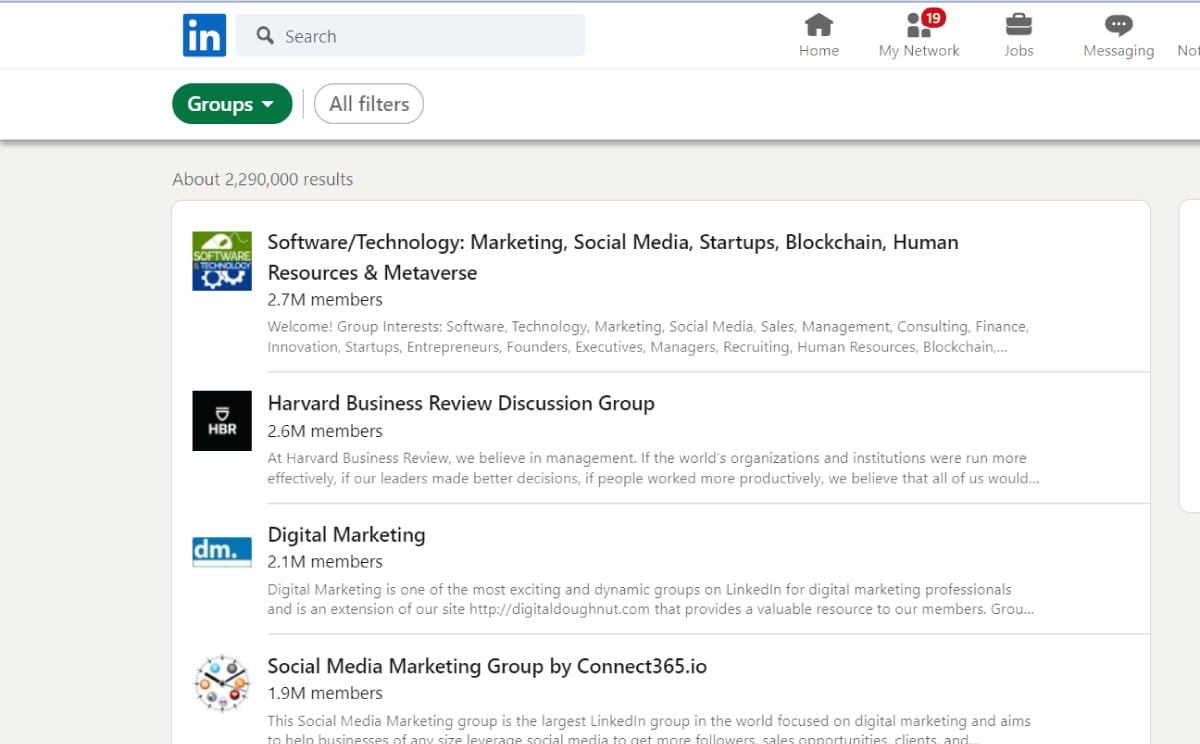
LinkedIn is a great place to start. Create a LinkedIn profile if you don’t already have one. Then connect with people you already know. Identify developers and software leaders you look up to and follow them. Read their content and comment when appropriate.
Online Communities
There are several developer communities online, beginning with GitHub itself. Some others include LinkedIn groups, Reddit, StackOverflow, and Women Who Code. Join these communities and engage in conversations.
Hackathons and Coding Competitions

Hackathons and coding competitions are a great way to show off your programming skills and find peers and collaborate with them. AWS and Google conduct regular hackathons. Hackalist also has a great collection of hackathons and coding competitions.
Pursue an Internship
An internship is the best way to get professional experience before taking on your first job. Several organizations—large and small—offer structured internship programs for early career professionals.
Related Read: How To Land a Software Engineering Internship in Five Steps
Tailor Your Resume to the Jobs You’re Applying for and Prepare for the Interview
Not all developer jobs are the same, nor should your resume be. Tailor your resume for every job you’re applying to. Look at the skills and qualifications that the job description demands and customize your resume to showcase the most relevant ones.
Related Read: How To Create an Effective Entry-level Software Engineering Resume
5 Programming Jobs You Can Land Without Any Experience
Now that you have the skills, some hands-on experience, and a general understanding of the software engineering landscape, let’s see what job roles you can apply for:
Junior Web Developer
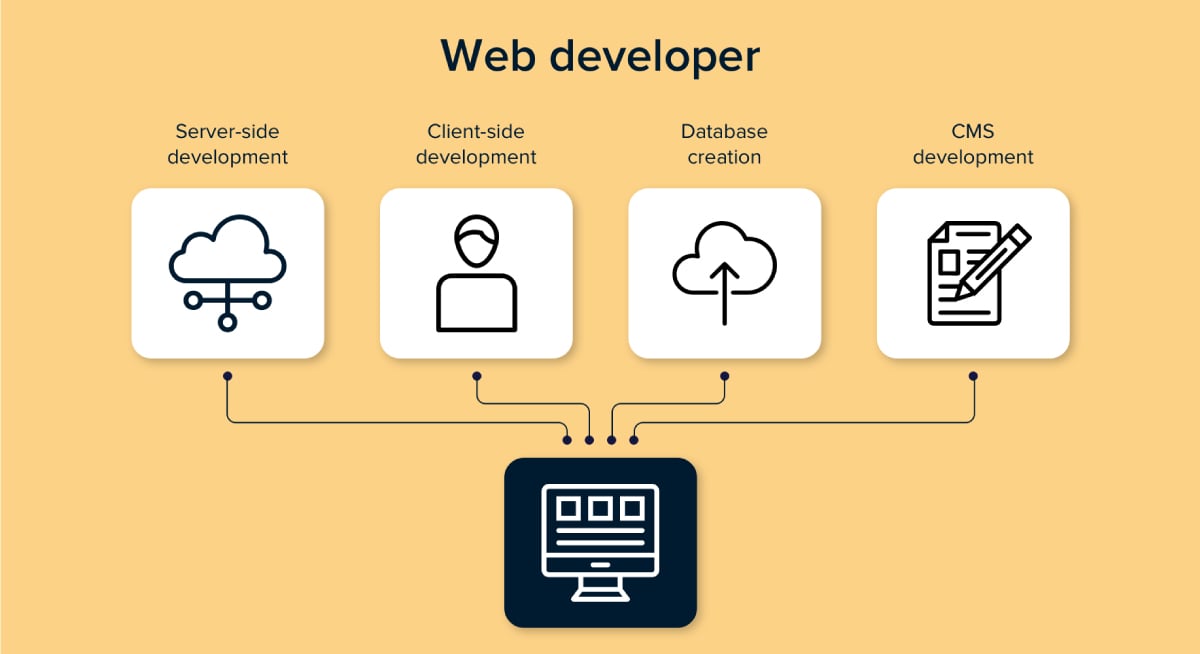
General Responsibilities
A junior web developer typically focuses almost exclusively on writing code for web applications. They will be expected to write bug-free code and/or support existing applications. They might also participate in requirement gathering, code reviews, and project retrospectives.
Average Salary
A junior web developer makes an average of $50,123, going up to $72,000 based on experience and skills.

Basic Prerequisites
As a junior web developer, you will be expected to know web technologies such as HTML, CSS, JavaScript, and JQuery. Understanding agile software development and DevOps is also a bonus. Most coding jobs also require a bachelor’s degree in computer science or engineering.
Junior Software Engineer

General Responsibilities
A junior software engineer is responsible for developing and testing mobile/web/desktop applications. Depending on the size of the organization and the role itself, you might be:
- Gathering requirements
- Writing code
- Running tests for quality assurance
- Participating in technical reviews and code reviews
- Create and update documentation
Average Salary
A junior software engineer earns an average salary of $72,905, going up to $100,000, depending on the role.
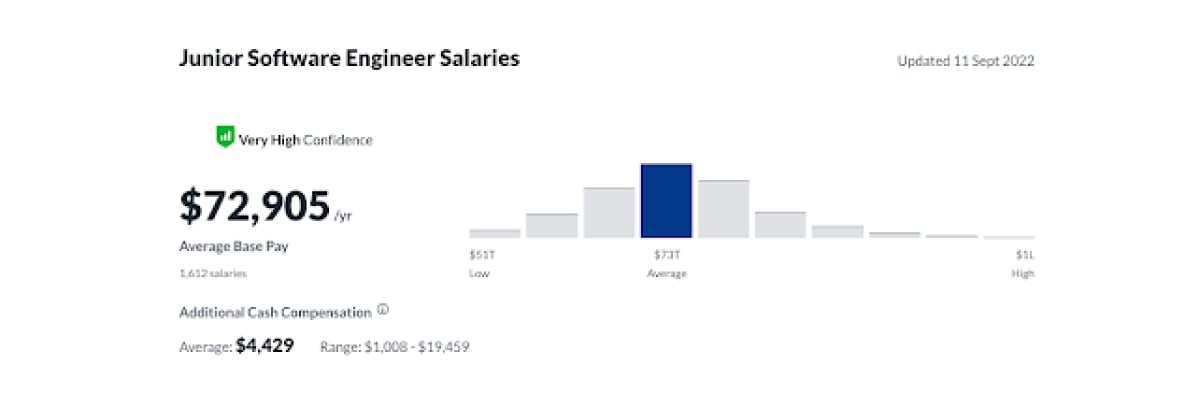
Basic Prerequisites
A college degree in computer science, engineering, or other STEM fields is a common expectation. Depending on the position, you might also need skills in data structures, object-oriented design, SQL, relational databases, and web and cloud technologies.
Junior Software Developer

General Responsibilities
Unlike a software engineer, a developer role is typically limited to coding. As a junior software developer, you will be writing code for desktop, mobile, or web applications. You will use 1-2 programming languages and corresponding libraries.
Average Salary
A junior software developer makes an average of $64,750, with salaries going up to $92,000 based on specialization and experience.
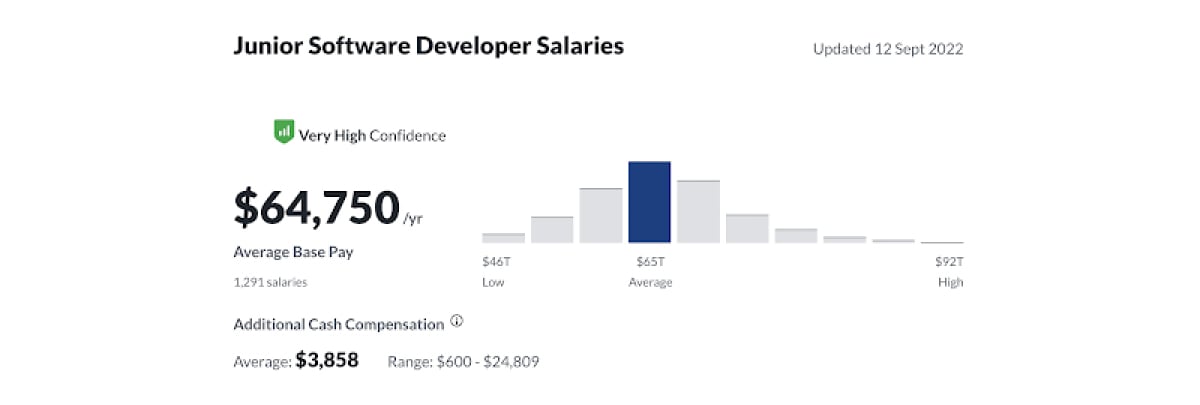
Basic Prerequisites
In addition to a bachelor’s degree, you will also be expected to know some programming languages, depending on the role. iOS development roles might need you to know Swift, data science roles Python and so on.
Data Analyst

General Responsibilities
A data analyst in the development team is typically responsible for leveraging data and insights to solve business problems using software. You might gather data from various sources, analyze them to identify the root cause of challenges, make data visualizations, and present solutions.
Average Salary
The average data analyst’s salary is $70,615, according to Indeed.

Basic Prerequisites
You would be expected to have skills in SQL and some analytics tools such as Google Analytics, and Tableau. Moreover, critical thinking, problem-solving and logical reasoning skills are of great value.
Mobile App Developer

General Responsibilities
A mobile app developer typically builds iOS or Android applications. They also manage the performance, quality, and responsiveness of their applications.
Average Salary
Mobile developers are in demand and make a salary of $122,337.

Basic Prerequisites
A bachelor’s degree is often expected. A strong grasp of mobile programming languages is essential—Swift for iOS applications and Java or Kotlin for Android.
Resources for Landing an Entry-Level Job Without Any Experience
If you’re ready to start applying for entry-level jobs, here are a few places you can look:
Job Boards
There are several job boards where organizations post openings regularly. Some of the most popular ones are:
General
- Glassdoor: Glassdoor lists a number of open positions across companies. You can also use Glassdoor to read employee reviews, know salaries, and more.
- F6S: On F6S, you can find jobs at startups.
Niche
- Stack Overflow: Members of the Stack Overflow community often hire for roles in their organizations/projects using the platform.
Network
- LinkedIn: One of the largest job boards in the world with entry-level positions from across the globe advertised. You can also search for roles that are a good fit for your skills.
- Online Communities: The communities we discussed above, like LinkedIn groups, Reddit, StackOverflow, and Women Who Code, also have job boards and posts you can explore.
Real-Life Examples of People Who Landed a Programming Job Without Experience
Still not convinced that you can land a programming job with no experience? Here are some successful programmers telling their stories.
Andy Sterkowitz
Andy Sterkowitz is a self-taught software developer currently working as an executive coach at Software Development Mastery. In this video, he talks about how he got his first job as a programmer with no experience.
Aziz Ali
Aziz Ali is an entrepreneur and self-taught software developer. In this blog post, he talks about how he went from hating programming to commanding a 6-figure income a year.
FAQs About Landing a Programming Job Without Experience
We’ve got the answers to your most frequently asked questions.
Is It Hard To Learn Programming?
It depends. There are plenty of resources available online today, both free and paid, for you to learn programming. With focus and consistent effort, anyone can be a self-taught programmer. If you need a structure and community to learn, consider a bootcamp or a certificate program to keep you on track.
How Do I Know if Coding Is for Me?
The best way to know is to try your hand at it:
Learn simple coding, using HTML or JavaScript to see if you enjoy it.
Take on more complex projects to know if it sustains your interest.
Speak to senior programmers to learn more about what a programming career looks like. Think about whether you would like a career like that.
Evaluate the income potential of being a programmer and whether it’s suitable for you.
Related Read: Should You Become a Software Engineer
How Much Do Beginner Programmers Make?
The average salary of a beginner programmer is around $58,000, according to Indeed.
Related Read: 9 Highest Paying Programming Jobs
Can You Get a Good Job as a Self-Taught Programmer?
Yes. As mentioned earlier, several of the world’s most successful programmers are self-taught. The industry is also more open to hiring self-taught programmers with the right skills and experience.
Since you’re here…
Were you one of the tens of thousands of workers impacted by this year’s tech layoffs? Springboard wants to help. Our new Career Reboot Scholarship is intended to assist job seekers from tech looking to upskill, reskill and stand out in a competitive hiring environment. Get $1,000 off any Springboard bootcamp in software engineering, data analytics, UX design, cybersecurity, tech sales, and more. Visit this page for eligibility requirements and to apply.









